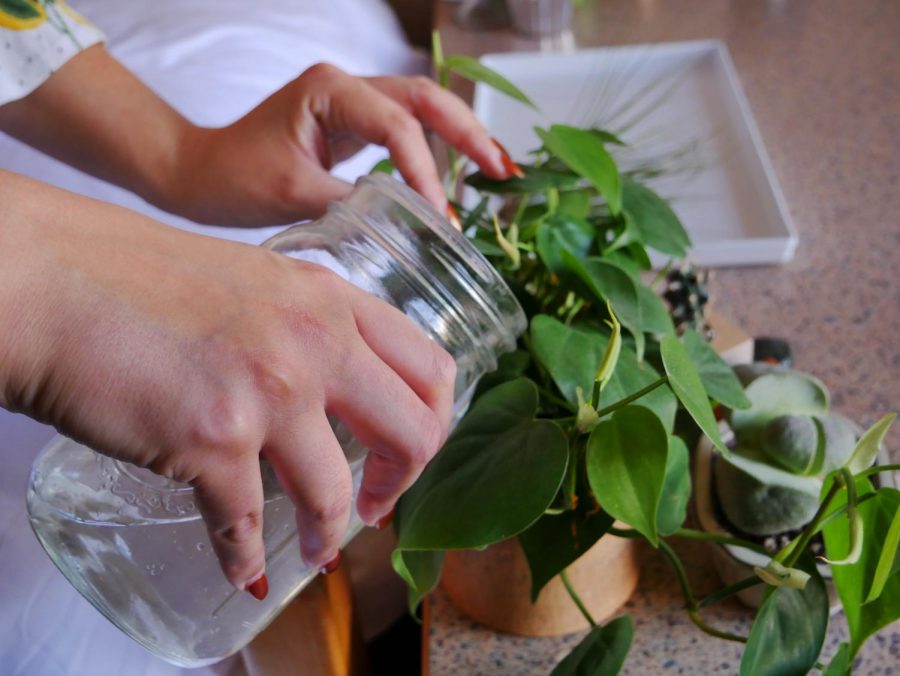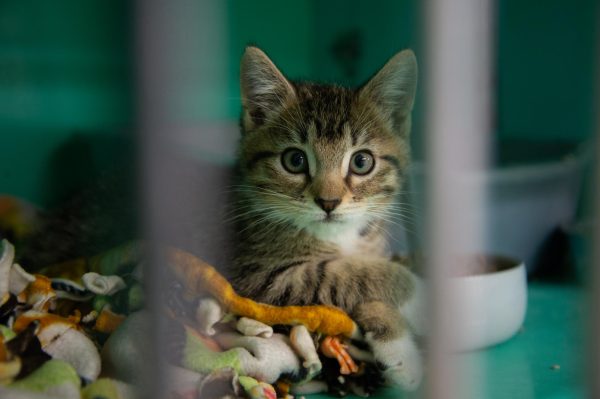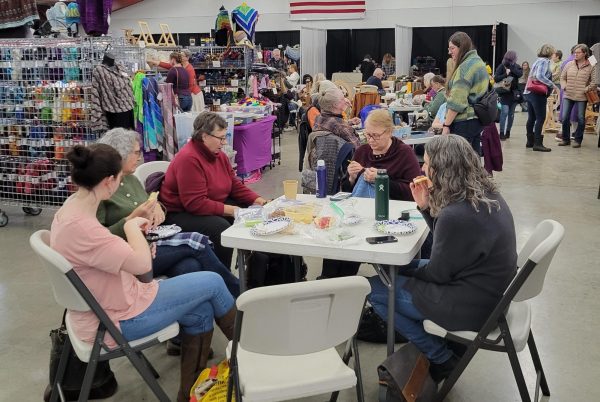Newbies’ guide to horticulture, taking care of easy plants
Most succulent, spider plants make for easy specimens to raise
LUKE LOBDELL | EVERGREEN PHOTO ILLUSTRATION
WSU Instructor Carol Kawula said gardening offers an ultimate payoff because it requires caring for a living organism.
September 24, 2018
For those looking to liven up their living space and try a new hobby, gardening could be the answer.
Carol Kawula, a non-graduate instructor at WSU who teaches introductory horticulture classes, knew what it was like to be a beginning gardener. Her love of gardening began with her first horticulture class and hasn’t gone away since, she said.
One of the most rewarding things about gardening is the satisfaction achieved from caring for another living thing, Kawula said.
“It’s not like a chair or a painting,” Kawula said. “It’s something living that you are actually taking care of. You’re not connected as much to [a painting] as a living landscape that’s breathing.”
Light and water are the two key elements of successful gardening, Kawula said. She cautioned beginning gardeners against overwatering.
“It is always best to underwater,” Kawula said. “So when in doubt, if you think, ‘Do I need to water it, do I not?’ — don’t water it.”
Plants that are underwatered or overwatered wilt which often leads gardeners to think the plant needs more water if they notice wilting, Kawula said.
To avoid overwatering, Kawula said she recommended sticking a finger into the soil to feel how damp it is. If it feels wet, do not add more water. If it is completely dry, water the plant.
Watering the plant until the water drains out from the bottom of the pot is also important. Once the water drains through the pot, dump the excess water. Kawula said it’s crucial to not let the plant sit in water.
Proper lighting is essential to a plant’s survival as well, Kawula said. While some plants can survive with solely fluorescent lighting, most plants do better under a broad spectrum of light.
“If you put them in a room where the light is off most of the time, they’re going to die,” Kawula said. “They have to have light.”
Kawula said she recommended placing most plants in a south-facing window where the plants will receive bright, indirect sunlight. It also works to supplement the plants with a grow light that has a full spectrum of light if a south-facing window is unavailable.
Fertilizing, like watering, is another area in which gardeners tend to get somewhat overzealous, Kawula said. She suggested fertilizing houseplants situated in a dorm or an office only once or twice a year.
Kawula’s preferred type of fertilizer is a dry, slow-release fertilizer.
“Those are easy because you just put in a little teaspoon and you kind of sprinkle it on the top, and then every time you water a tiny bit of that fertilizer will come off of those and go into the soil,” Kawula said. “That’s good for six months.”
Lifelong gardener Trina Anderson said it took her about a year and a half to become comfortable with houseplants. Now an employee of Pullman’s SYG Nursery and Landscaping, she said she loves the relaxing nature of gardening.
“I mean, it’s hard work but it’s relaxing,” Anderson said. “It’s fun. You can get dirt under your fingernails.”
Succulent plants are a great starter plant for gardening newbies because they are relatively easy to care for, Anderson said. They require water once a week and should ideally be kept in bright, indirect sunlight.
They can even go four weeks without water, thanks to their leaves’ retention ability, Kawula said. Succulent plants tap into those water stores if their caretaker forgets to water them.
Another good starter plant is a spider plant, Anderson said. Spider plants are tough, relatively strong plants that send out shoots and have small blossoms. They require watering twice a week.
It is a good idea to check for mites or aphids before bringing plants indoors to ensure they don’t spread to other houseplants, Anderson said. If they do, isolate the affected plant, spray it with insecticidal soap and check the plant until the mites or aphids are gone.
Kawula said not to be afraid of gardening and instead to simply go for it.
“You learn as you go and some things work and some things don’t,” Kawula said. “I still kill plants and I don’t know what happened.”






















